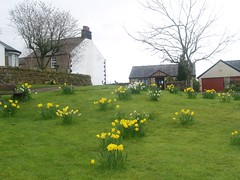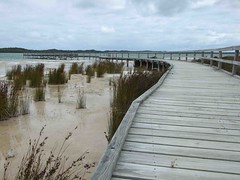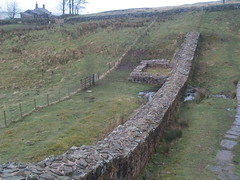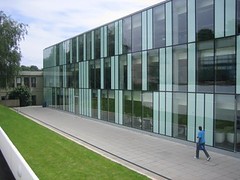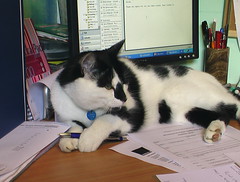At the LILAC conference, I managed to meet up with several people who are keen to develop university library links with schools to promote information literacy development. We snatched a few brief chats over coffee and all agreed this is an area we want to do more work in. We would like to run a one day event designed to bring together university and school librarians, school teachers and university lecturers to discuss ways in which we can develop a community of practice for mutual support. I’d like the event to be an opportunity to hear about existing good practice, as well as facilitate discussion and generate new ideas. We haven’t agreed a venue (though it will probably be Newcastle) or a date yet, but I’m keen to hear from folks who are interested in participating in this venture in any way, so do please email me: moira.bent@ncl.ac.uk
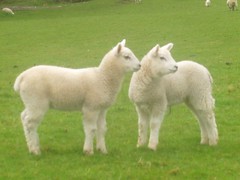
Spring lambs

